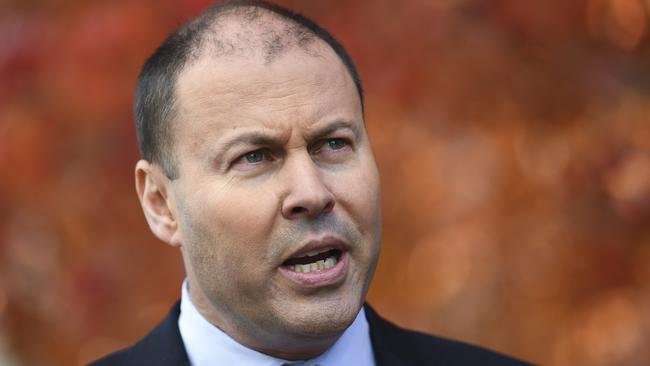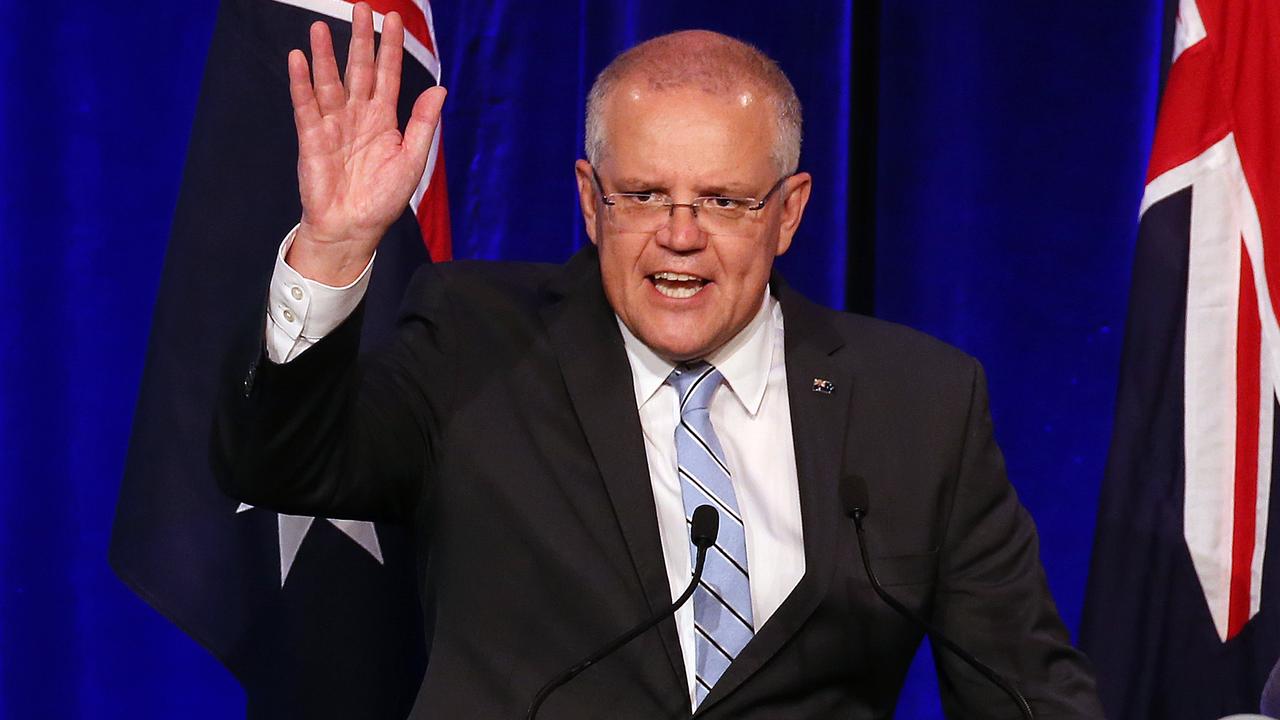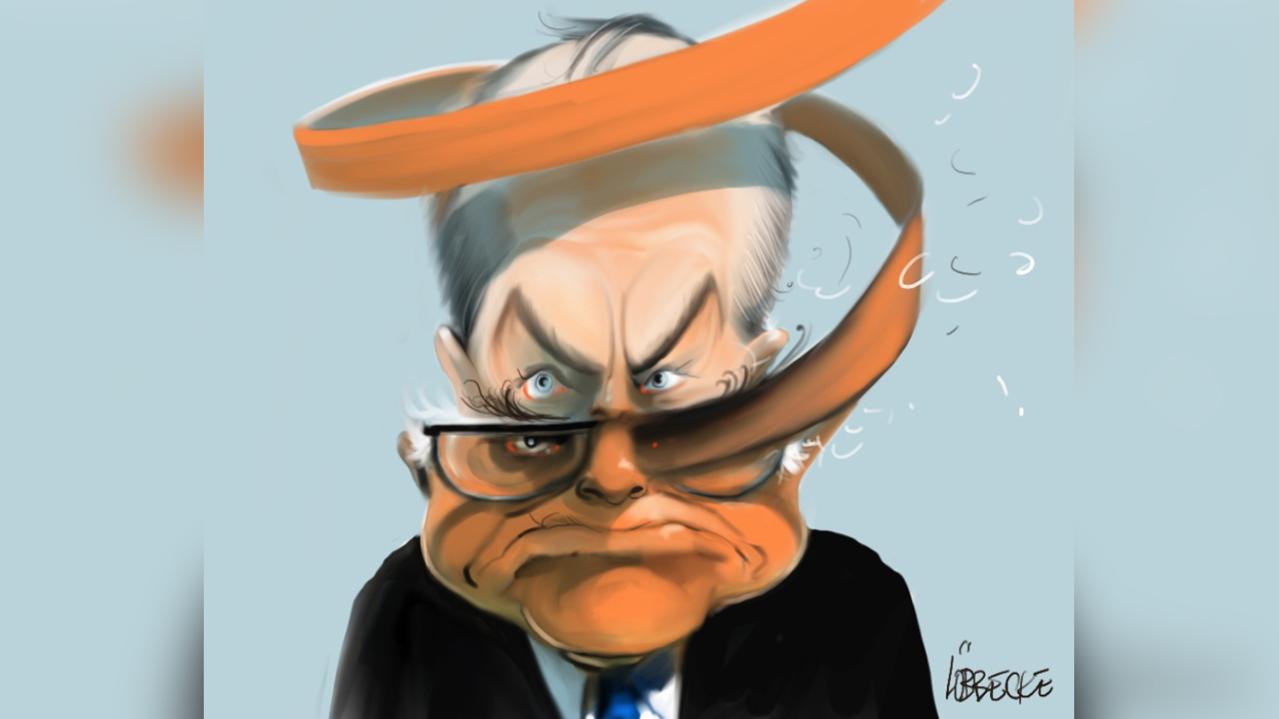
The Victorian government has thrown a last minute spanner in the works, significantly upping the degree of difficulty for energy and environment minister Josh Frydenberg to get the National Energy Guarantee passed into law. D-Day is Friday.
No one hurdle is insurmountable but collectively the list of distractions and barriers may be too much for Frydenberg’s hard work to pay off.
Victoria goes to the polls later this year, and Green support in inner city electorates will be crucial to Daniel Andrews’ chances of re-election. So will support from third forces such as GetUp! which is traditionally very good at marshalling volunteers and money to target MPs for removal.
EXPLAINER: What is the NEG and how it would work?
Both the Greens and GetUp! vehemently oppose the NEG, which may well be a case of making the perfect the enemy of the good.
Normally GetUp! hits conservatives the hardest, but it has flagged Victoria as a key battleground if the Andrews’ government waves the NEG through. It’s also a chance for GetUp! to prove that it doesn’t merely attack the right of politics.
Andrews is therefore hoping to kill the NEG without having to formally do so himself. He’s imposed a series of demands which the Coalition partyroom will need to sign off on for Victoria to support the legislation. The most contentious is for any emissions reduction target increases to happen via regulation rather than legislation. Under the existing proposal such change requires legislation.
In other words, Andrews wants any government of the day to be able to change the target, at the stroke of a ministerial pen. Frydenberg is insisting such a shift would require the approval of parliament, both houses no less. The latter of course makes change less likely.
It will be a tough sell to the partyroom for Frydenberg to buckle on this point, because doing so would absolutely play into Tony Abbott’s fears that legislating the NEG risks higher energy prices via higher emissions targets under a Labor government down the track. It will also raise concerns about higher renewable targets as part of the broader energy mix debate.
Under the current offering Abbott’s opposition is contained to marginalised reactionaries in the party room, but that would change were only regulation used to achieve higher targets.
If the party room rejects Andrews’ changes, Victoria will block the NEG, the ACT will join in and I suspect federal Labor too will voice support for the opposition state colleagues are offering. It could all come cascading down for Frydenberg, with defeat being snatched from the jaws of victory in this policy fight.
If however he can negotiate a way through the quagmire, Frydenberg’s star will rise and rise. But that looks much less likely now.
Peter van Onselen is a professor at The University of Western Australia and Griffith University






